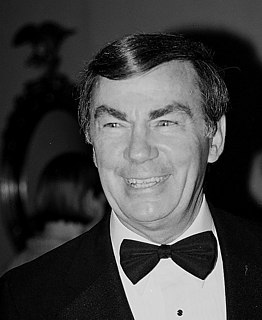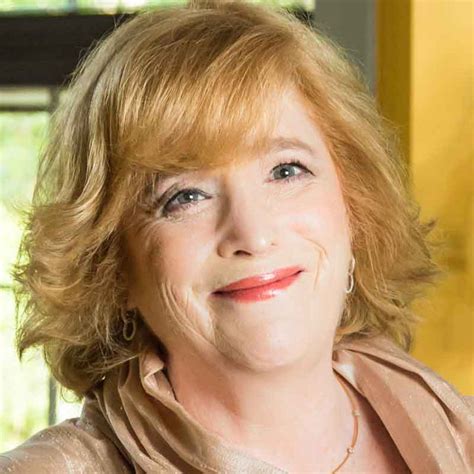A Quote by Bill Dedman
In 1900, the typical American was a boy, not yet a teenager, named John. He lived with his parents and his sisters, Mary and Helen, on a farm in New York or Pennsylvania.
Related Quotes
I think for my parents it was like "A Boy Named Sue," the Johnny Cash song. A guy named Sue tries to track down his father to take it out on his father for naming him Sue. And his father says, "Look, I knew I wasn't going to be around. So I gave you the name so that you would grow up strong enough to take the hits and fight back." So I like to believe that's why my parents gave me this stupid name.
There's a teacher at the Renzo Gracie Academy in New York named John Danaher. He's leading this whole group of fighters named the Danaher Death Squad, and they're revolutionizing how that world works. I actually went and signed up for classes mostly because, man, if there's innovation like that happening in New York, I want to be around it.
Jason Oliver C. Smith, a big dumb guy who was tan, died March 30 of lung cancer and old age. He was 13 years old and lived in New Jersey, Pennsylvania. At the time of his death, his license was current and he had had all of his shots. He is survived by two adults, three children, a cat named Daisy who drove him nuts, and his lifelong companion, Pudgy, whose spaying he always regretted, as well as a host of fleas who have gone elsewhere, probably to Pudgy. He will be missed by all, except Daisy. He never bit anyone, which is more than you can say for most of us.
The gateway to freedom...was somewhere close to New Orleans where most Africans were sorted through and sold. I had driven through New Orleans on tour and I'd been told my great grandfather had lived way back up in the woods among the evergreens in a log cabin. I revived the era with a song about a coloured boy named Johnny B. Goode. My first thought was to make his life follow as my own had come along, but I thought it would seem biased to white fans to say 'coloured boy' and changed it to 'country boy'.
My grandfather lived to be 96 years old. He was born in a town outside of Salerno in Southern Italy. He came to New York when he was 20. He lived in the States from age 20 to 96, but he brought his culture with him, he brought his food with him, he brought his language with him, he never spoke a word of English.
































